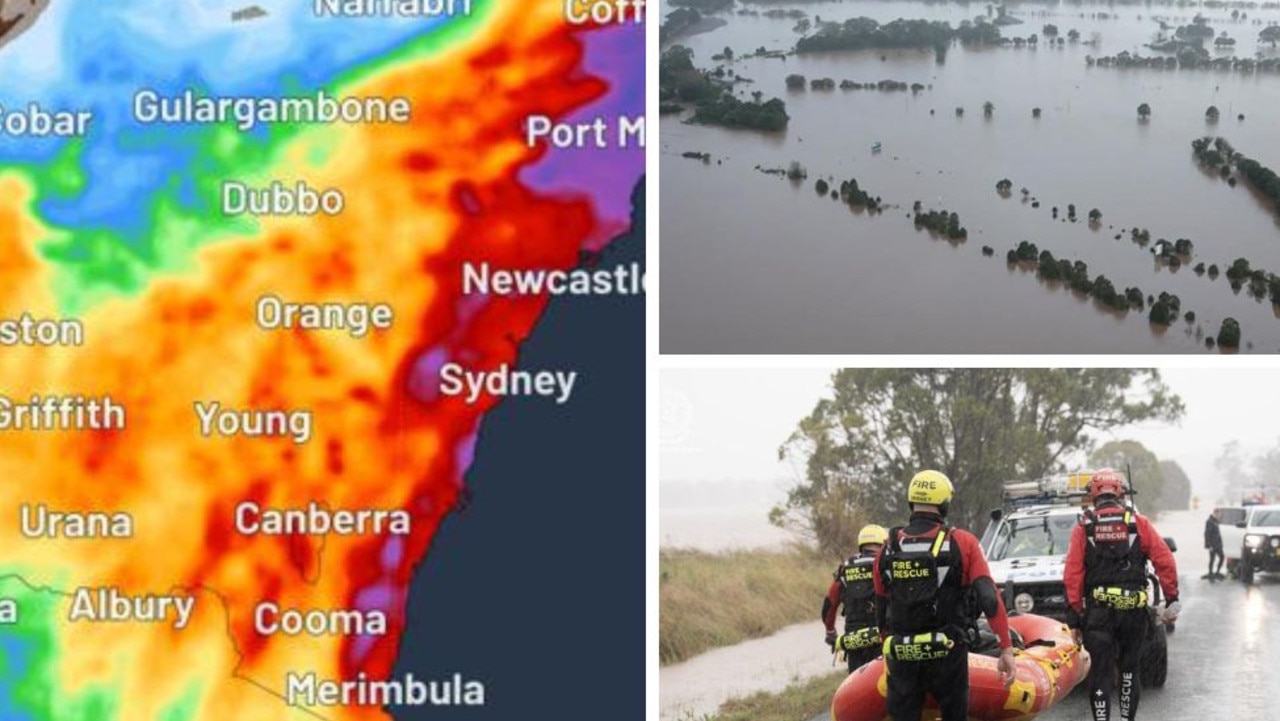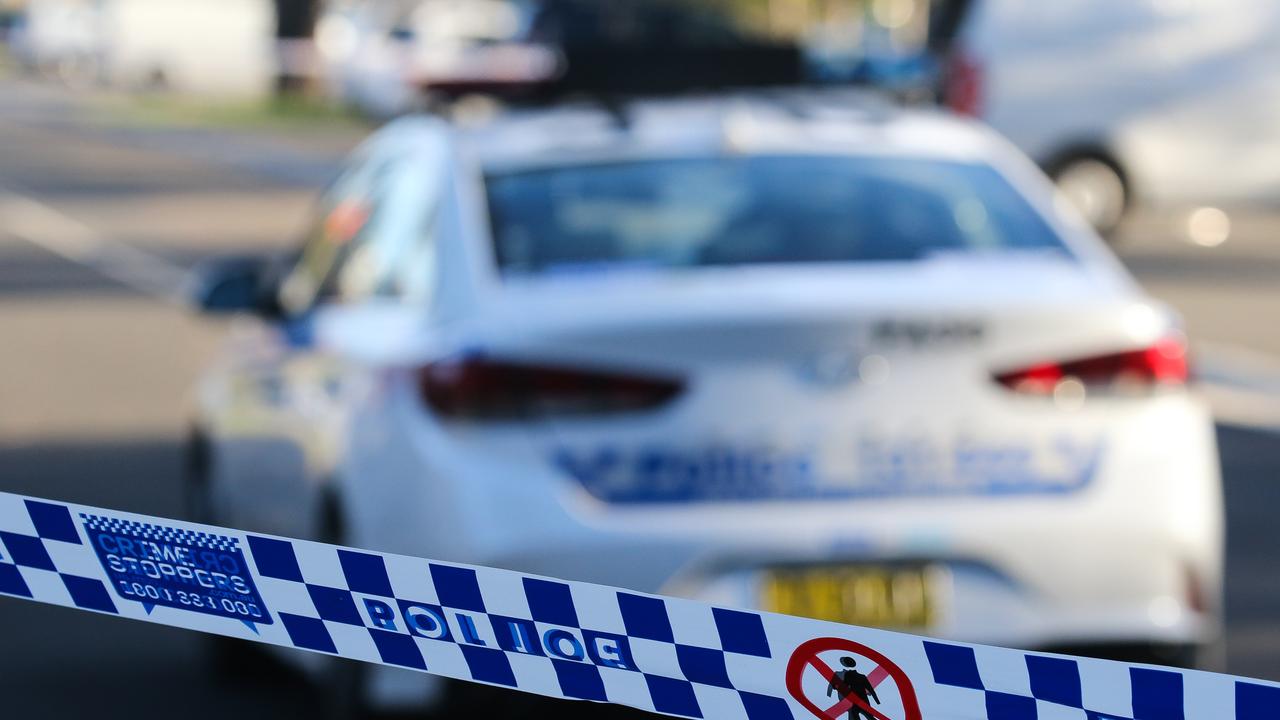Special Forces’ face more danger at home than Afghanistan battlefield, ‘secret inquiry’ hears
A “secret inquiry” into the office of the Inspector General of the ADF has heard reports it left troops ‘crushed”. Read testimony from Special Forces soldiers.
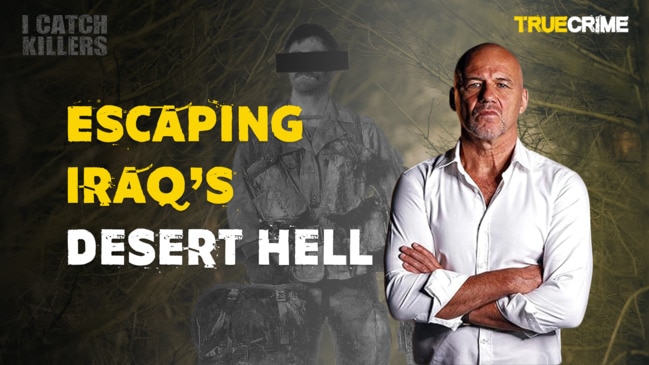
National
Don't miss out on the headlines from National. Followed categories will be added to My News.
Exclusive: The nation’s Special Forces faced more harm and danger at home than the battlefields of Afghanistan with failures of the military’s office of Inspector General contributing to mental trauma and an army of timid and woke self doubters.
That’s according to evidence before a “secret inquiry” into the Inspector General of the ADF (IGADF) that for the first time in its 20-year history is having its operations, functions and leadership put under the spotlight.
The IGADF, appointed by the federal government to oversee the quality and fairness of the military justice system, was behind the 2020 Brereton Report inquiry into allegations of war crimes by Special Forces.
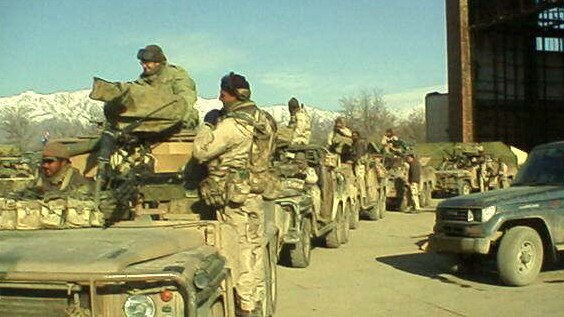
In its submission to the IGADF inquiry, to report by March next year, the Australian Special Air Service Association (ASASA) national chairman and former SAS officer Martin Hamilton-Smith has blasted the IGADF for the way it handled the Brereton report and created public hysteria of untested evidence.
“The office of the IGADF’s inability or failure to act on this point has crushed the lives of many innocent men and their families, it contributed to suicide ideation, it has broken up marriages and families leaving children hurt and confused and it has left hundreds of brave veterans and their loved ones feeling they should be ashamed of their service and their regiments or of their husbands, sons, brothers and fathers,” he blasted in a statement which included direct testimony from Special Forces troops.
“This outcome is inconsistent with the IGADF’s stated values and vision.”
Failure of justice due process should not be repeated, he said.
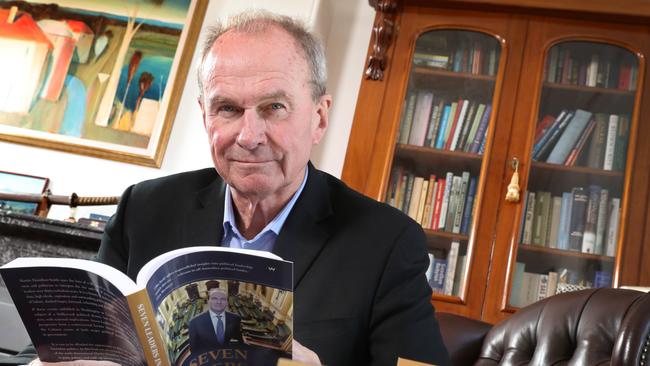
Hamilton-Smith said while war crimes allegations around 23 incidents needed to be investigated, the findings should have been passed to the police or special investigators rather than through the public.
He said 30,000 Australian soldiers served in Afghanistan from 2002 to 2014, conducting multiple operations against a ruthless irregular guerrilla enemy of an undeclared war and Special Forces alone were tasked by the government to kill 3000 enemy combatants.
“Though these (23) incidents represent a fraction of the ADF’s operations in that country during this difficult war, the content of the Report and more importantly the way in which it has been received and dealt with by government and the current Chief of the Defence Force (General Angus Campbell) has damaged the spirits of the 30,000 veterans who served there, crushed the physical and mental health of hundreds of Veterans and their families and delivered enormous harm,” his ASASA statement, which included testimony from current and serving soldiers’ experience with the IGADF.
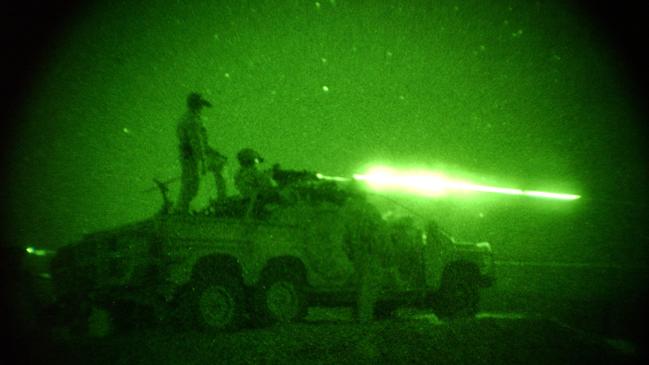
It said many Special Forces felt they were tricked into giving evidence for the Brereton inquiry which in effect and with no legal standing contributed to a “show trial” of untested evidence and public hysteria. To date only one person has been actually charged.
The IGADF and CDF Gen. Campbell’s attempt to strip medals and pay compensation to some Afghan families, likely to have been former enemies, Mr Hamilton-Smith said compounded perceptions of guilt without proper police or Office of Special Investigator probing.
It added many veterans felt the Brereton inquiry was an abuse of power, subjecting them to a “medieval Star Chamber”.
Brereton’s findings that some patrol commanders and other soldiers became hardened, overbearing and ruthless could be made for any war.
“That the Office of the IGADF would make this point left many veterans bewildered and diminished the IGADF. That government and the CDF agreed with and accepted this recommendation is noteworthy even though many of these commanding officers were not interviewed.”
The ASASA said wars were not won with timidity or soldiers infused with self-doubt or woke self-righteousness but this was what had been accepted now.



